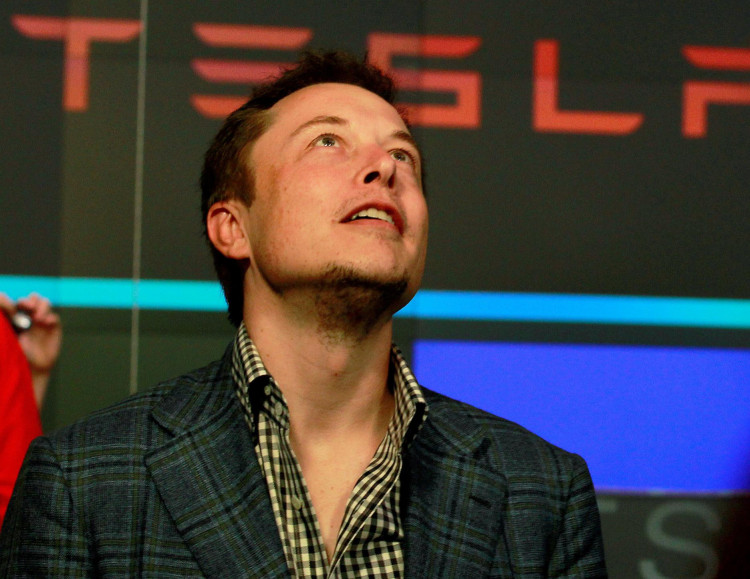In a bold move that underscores his vision for Tesla's future, Elon Musk, the CEO of Tesla and the wealthiest individual globally, is seeking a significant increase in his stake in the electric vehicle (EV) giant. Musk's demand, articulated through a series of posts on the social media platform X, reflects his ambition to transform Tesla into a leader in artificial intelligence (AI) and robotics.
Musk's current ownership of approximately 13% of Tesla's stock, which has been instrumental in his rise to the top of the global wealth rankings, is, according to him, insufficient for the company's next phase of growth. He expressed discomfort in growing Tesla's AI and robotics capabilities without increasing his voting control to around 25%, stating, "Unless that is the case, I would prefer to build products outside of Tesla."
This demand comes against the backdrop of Tesla's evolution from a leader in electric vehicles to a company deeply invested in AI and robotics. Musk has previously highlighted the significance of the company's humanoid robot project, Optimus, which he believes could eventually surpass the vehicle business in importance. The robot, introduced at Tesla's AI Day, exemplified the company's commitment to a robot-led future, despite its current early-stage development.
Musk's push for increased control is not without precedent in the tech industry, where dual-class voting systems often allow founders to maintain outsized
influence. However, Musk dismissed the possibility of such a system at Tesla, citing constraints in post-IPO Delaware, where regulators have scrutinized these ownership structures.
The impact of Musk's demand on Tesla's market performance was immediate, with shares falling 1.5% in premarket trading following his posts. This reaction reflects investor nervousness about the potential implications of Musk's increased control and the direction he intends to take Tesla.
Musk's 2018 compensation plan, valued at $56 billion, was the largest for any CEO in history and has been a subject of contention. A shareholder lawsuit last year accused Musk and Tesla's board of directors of breaching their fiduciary duties, alleging unjust enrichment and waste. The Delaware Chancery Court's pending decision on this case is a key factor in the negotiation of a new compensation plan for Musk.
In his posts, Musk emphasized that his concern is less about compensation and more about the level of influence he holds at Tesla. He fears that without adequate ownership, external stakeholders like major asset managers could hinder his efforts to steer the company in new directions. This concern is particularly pressing given Tesla's ambitious goals in AI and robotics, areas Musk believes are pivotal to the company's future.
Wedbush analyst Dan Ives, a longtime Tesla bull, commented on the situation, noting that Musk creating a separate company focused on AI projects would be a "big negative for the Tesla story." This statement underscores the critical role Musk's leadership and vision play in Tesla's market valuation and investor confidence.
As Tesla navigates this crucial juncture, Musk's quest for greater control raises important questions about the future of corporate governance in innovative tech companies and the balance between visionary leadership and shareholder interests. The outcome of this situation will not only influence Tesla's trajectory in AI and robotics but also set a precedent for how transformative tech leaders negotiate control and compensation in their quest to shape the future.






